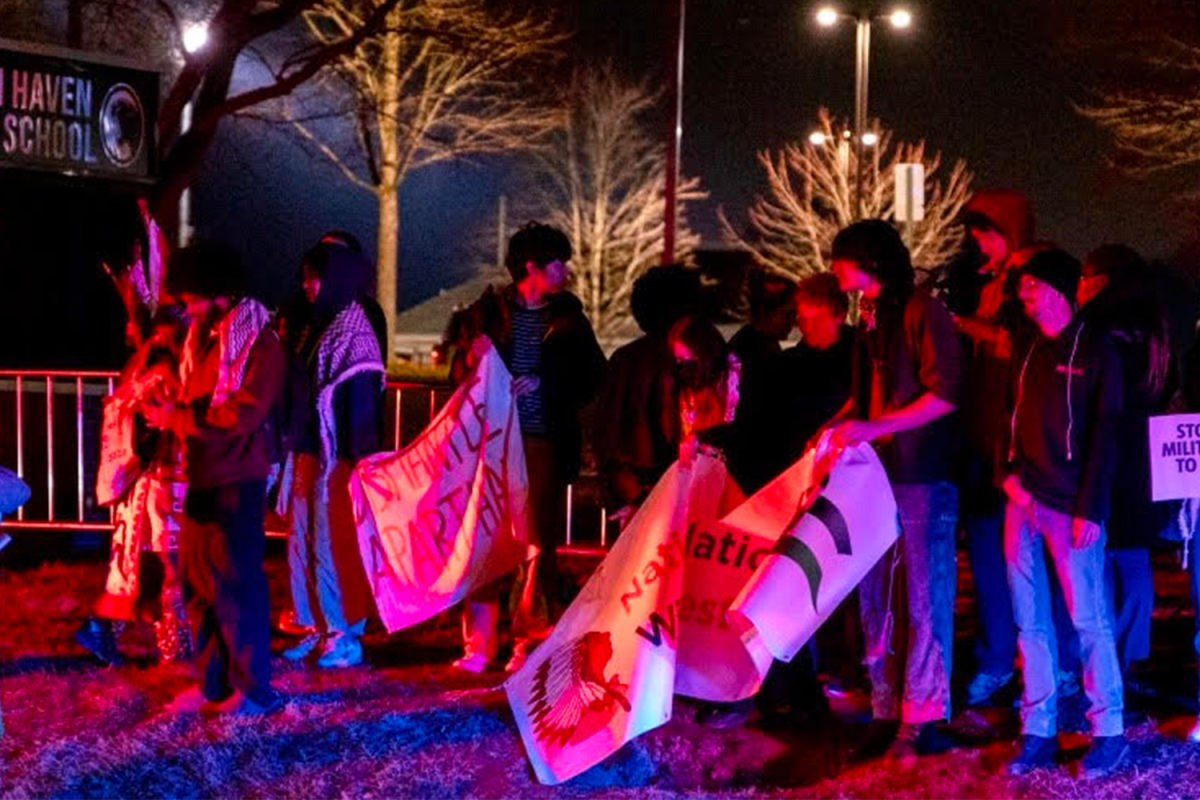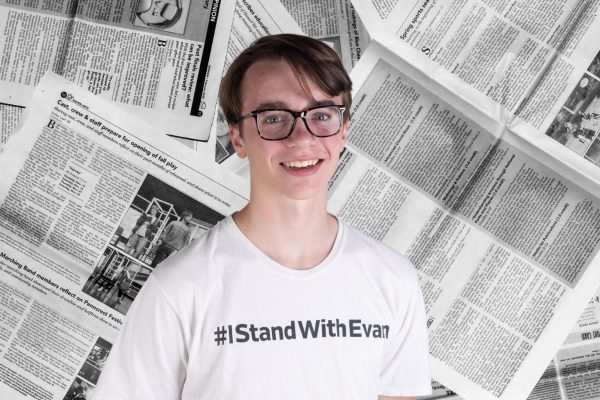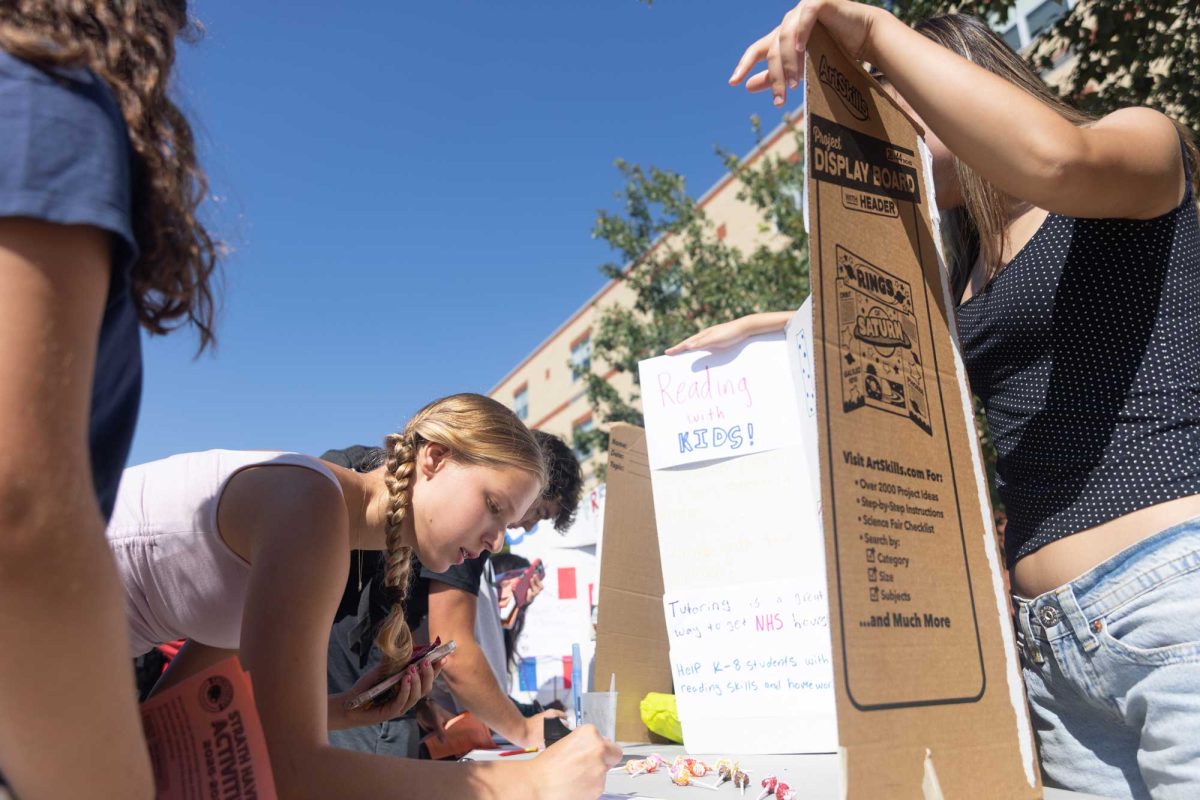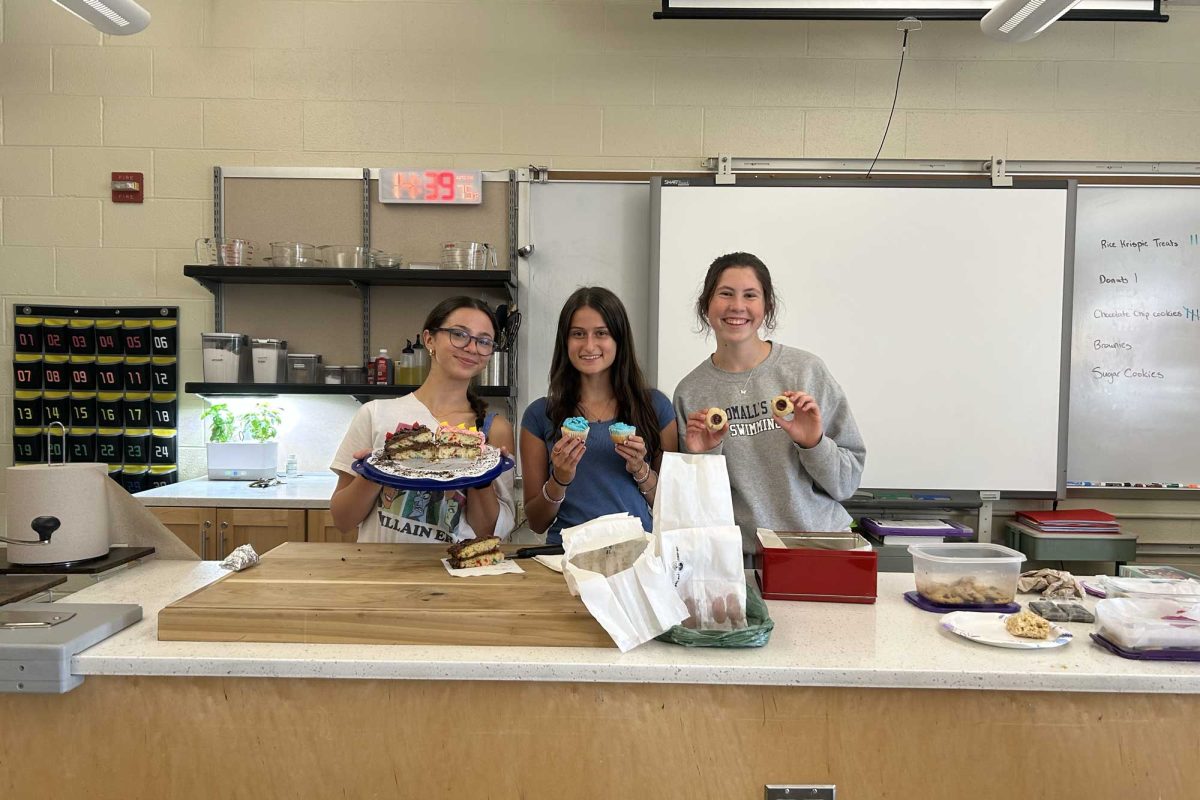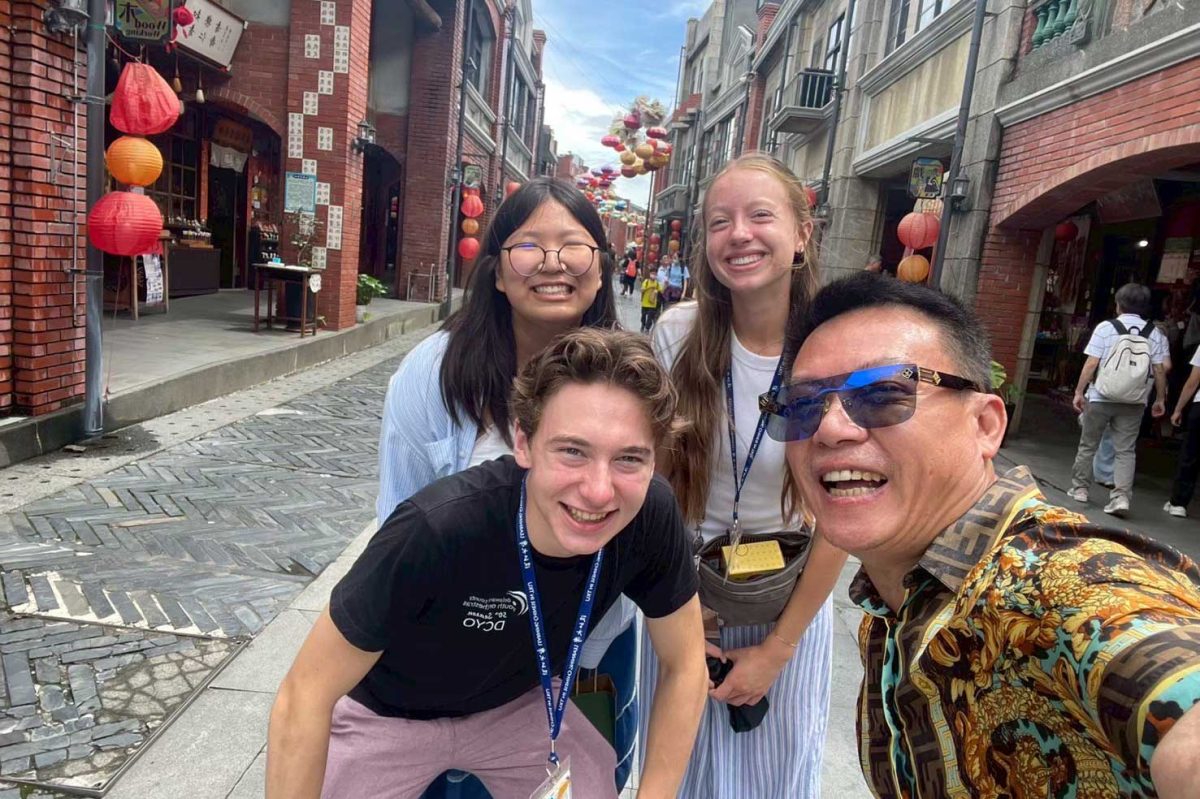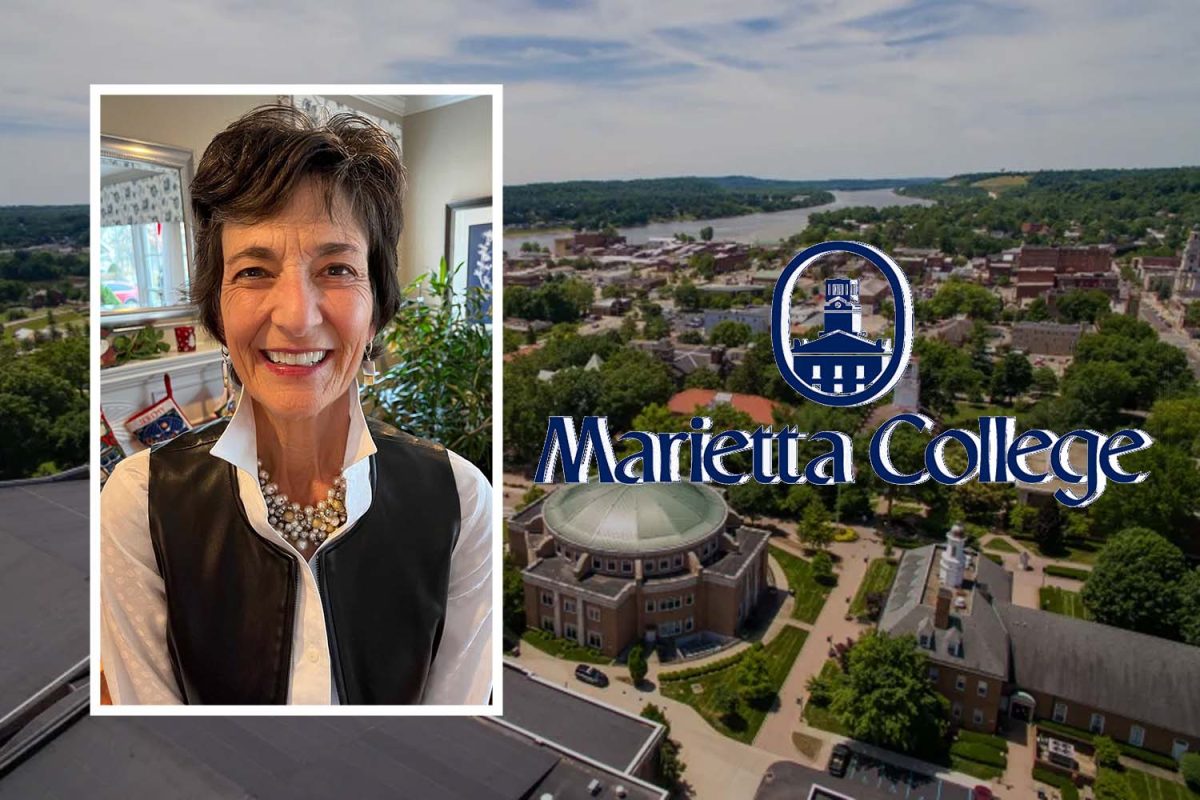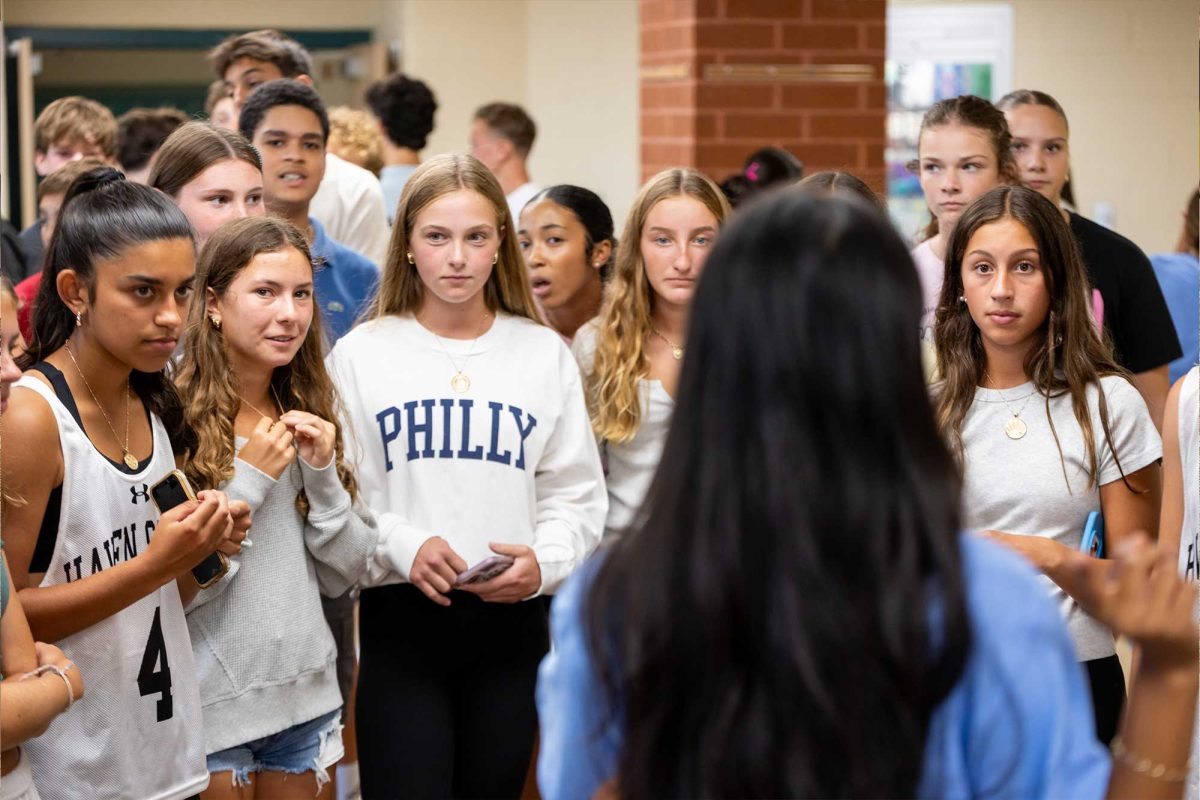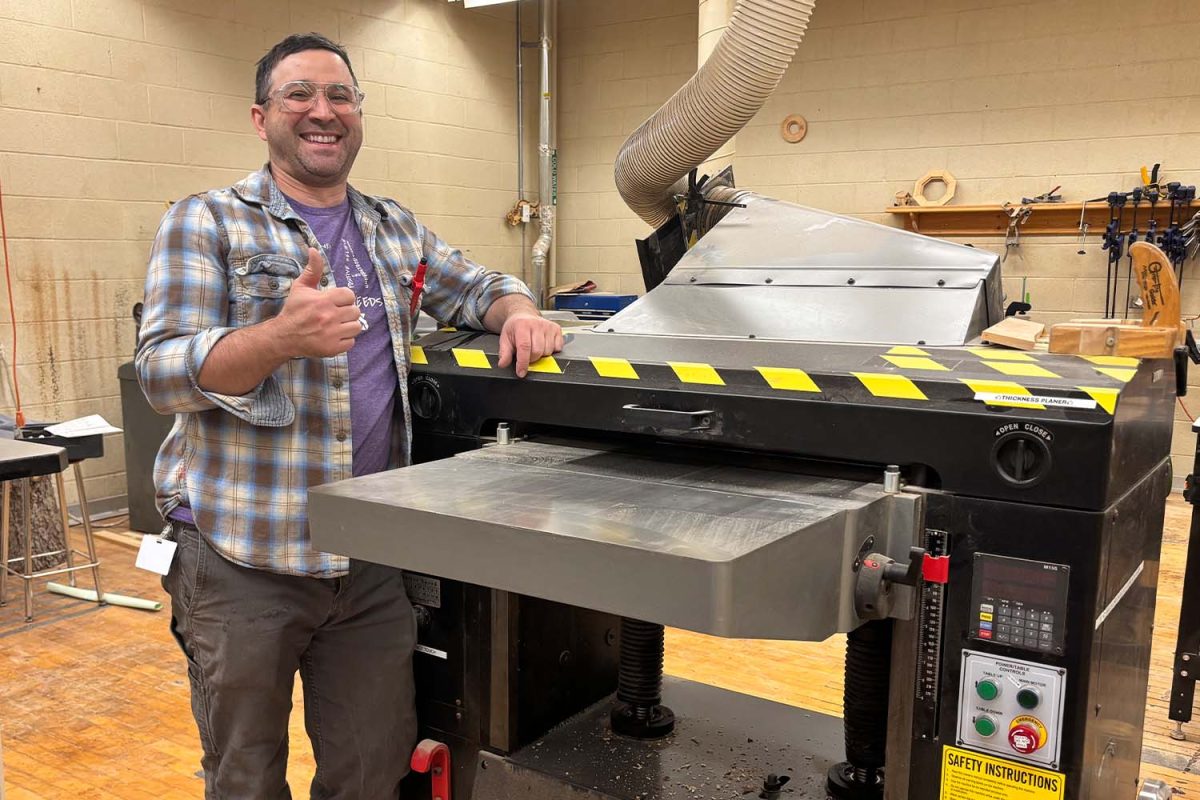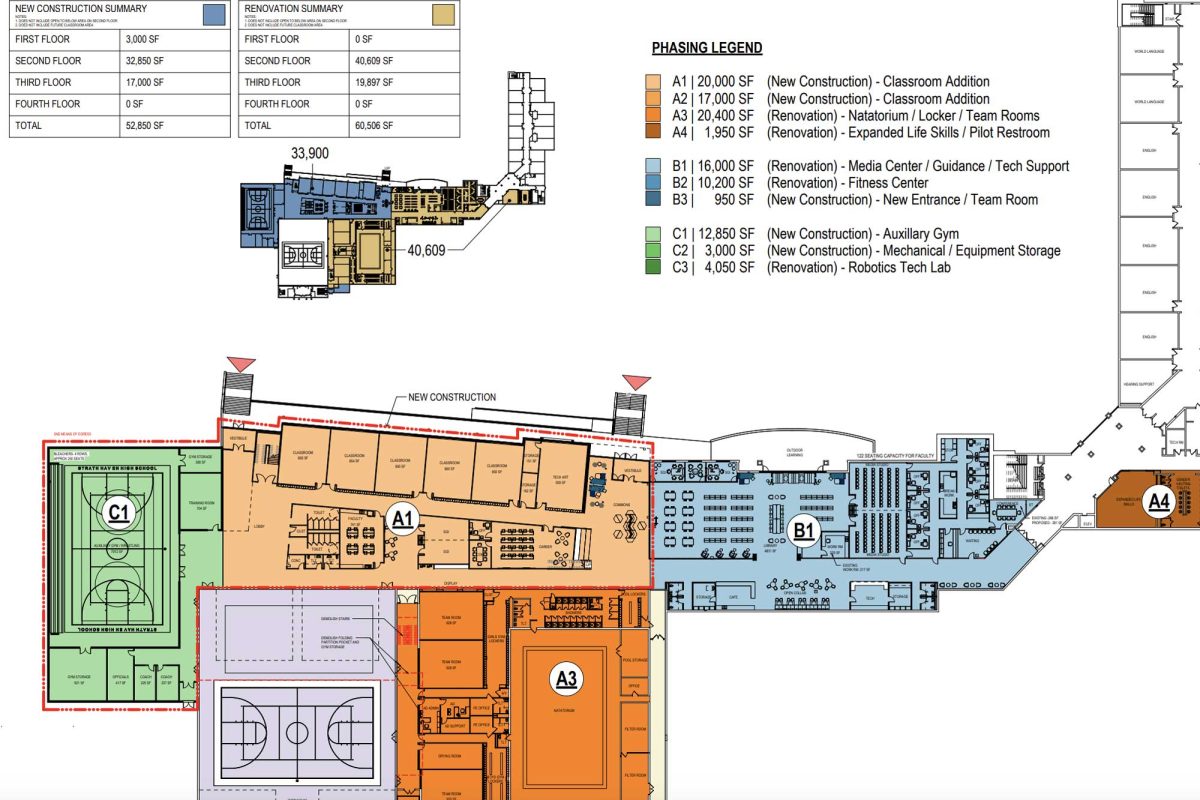When they first applied to college, they had no idea what was to come. But as protests take over the campus they are soon to live on, for some seniors, there’s no going back.
Across the country, many colleges have experienced protests in support of Palestine, with demonstrators often calling for their colleges to “divest,” or cut off any investments or financial ties with Israel or companies connected to the conflict in Gaza.
Protests have occurred at over 100 universities across the United States as of May 23, according to Campus Safety Magazine. At least 3,025 people have been arrested on the campuses of 61 colleges and universities, according to the Associated Press.
Senior Henry Reacher applied to the University of North Carolina in September through early action. The protests started far later, and Reacher had not seen them when he attended an admitted student day.
At the UNC protests, demonstrators replaced an American flag with a Palestinian one. Reacher expresses apprehension over them.
“Having seen [the protests] on TV, it was a little bit nerve-wracking,” Reacher said. “I think just seeing all that unrest on campus and especially when people—when it moves from being peaceful to violent, like [when] people were trying to barrage into buildings, it’s not as much UNC, but people were being more rowdy and more aggressive.”
Senior Caeli Rieger visited Smith College during the protests.
“I went to an event for nonbinary people in STEM and some of the people there were talking about the protests, were involved in the protests at Smith,” Rieger said. “So I definitely saw stuff about it.”
Rieger ultimately chose to attend Macalester College for reasons unrelated to the protests.
“There’s so many other things to consider when deciding about college that whether or not there are protests going on [and] how much they’re affecting things, [it] just isn’t a big enough factor,” Rieger said.
Senior Leah Gonzalaz-Diaz was admitted to binding early decision to Barnard, a Columbia-affiliated college, at the forefront of the protests. Gonzalez-Diaz acknowledged that the protests are widespread but noted the restrictions on student expression created by the protests.
“I think I would definitely be more concerned if this wasn’t happening at essentially every college campus,” Gonzalez-Diaz said. “It’s a pretty universal issue overall. It definitely is concerning, especially with Barnard specifically,”
Gonzalez-Diaz feels that the protests are creating excuses to stifle free expression, such as Barnard banning door decorations, a major part of student identity. She also thinks the protests are creating pressure to pick one side or another.
“I don’t really like to speak out, especially with the current climate of things, where things are so polarized and everything you could say could be taken the wrong way,” Gonzalez-Diaz said. “It has been a bit scary, because I’m worried that I’ll be pulled into something that I don’t really want to be pulled into.”
Reacher emphasized the importance of making educated decisions about the protests.
“I think the best way to do it is not to get swept away with either side,” Reacher said. “To really think critically and really understand the issue that’s being protested about. And then if you feel the urge to take a side, then you take a side, you make your voice heard. But I don’t think that I’m going to necessarily be jumping headlong into any protests on my first week on campus.”
Strath Haven is no stranger to protests about the conflict in Gaza. When Joe Biden came to Strath Haven Middle School in March, a group of pro-Palestinian protesters gathered, protesting throughout the event and hanging signs that would be removed soon after the event.
Communications and Community Relations Liaison Ms. Rachel Riley previously told the Panther Press that the demonstrators could not be prevented from protesting as they were not on school grounds.
That contrasts with the protests at universities, where protesters have been arrested for trespassing.
Reacher felt that some differences in how protests happened at Haven versus on campuses could be attributed to the size of larger colleges and universities like UNC.
“I think Haven is pretty good at being a sheltered environment, at least it’s [the] community that I’m fortunate to live in,” Reacher said. “And I think that UNC is also a phenomenal community. But it’s way bigger, and the scope of things are way bigger, just because there are so many more people. And I think that could contribute to more volatile things like this happening.”
Reacher encouraged his fellow students and younger students at Haven to observe the protests and learn from them.
“Look at it first and understand the whole scope of what you’re dealing with,” Reacher said. “Educate yourself first about what you’re seeing, don’t just be led into things blindly. And then from that educated position, then you decide: Is this something that I believe in facing?”
Reacher emphasized the power of protests to create peace instead of sowing conflict.
“I think that this is a conflict that people should protest,” Reacher said. “Really not necessarily for one side, but more protesting to foster agreements and try to come up with solutions rather than [causing conflict].”





